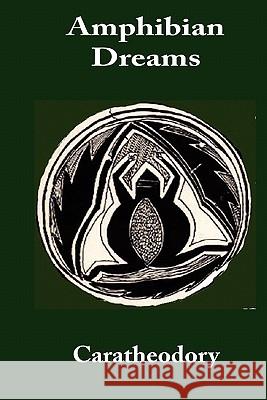Amphibian Dreams » książka
Amphibian Dreams
ISBN-13: 9780911385281 / Angielski / Miękka / 2007 / 58 str.
This work explores the amphibian world of human consciousness, where waking and dreaming are capable of animating and playing a private being or ambihuman others. Beyond the careful observation and considered presentation emerges a deep respect for nature and life. Where Rilke's poetry moves towards the stars, Caratheodory's moves deeper into the earth. Poetry is treated as an instrument of learning and research. These poems are like fingers probing the interconnectedness of beings in a pan ecology of the earth (poetry as a discipline of ecology). The poet grants existence and consciousness to all beings and expands his own accordingly. Reason and feeling, left-brain and right, unfold as the poet reports other experiences and perspectives. Coleridge, Shelley, Novalis, and Wordsworth urged the need to keep science and poetry together. Later, Auden argued that knowledge of meteorology, botany, geology, and astronomy was necessary before a poet could begin to speak poetically at all. Caratheodory falls into the tradition of modern scientists, like Eisely and Huxley, who sometimes wrote in poetic form. Grandson of the French thermodynamicist, and an astrophysicist himself for over twenty years, he has been writing since 1963. This is a surprising book by a scientist who has a feeling for the otherness of nature.











